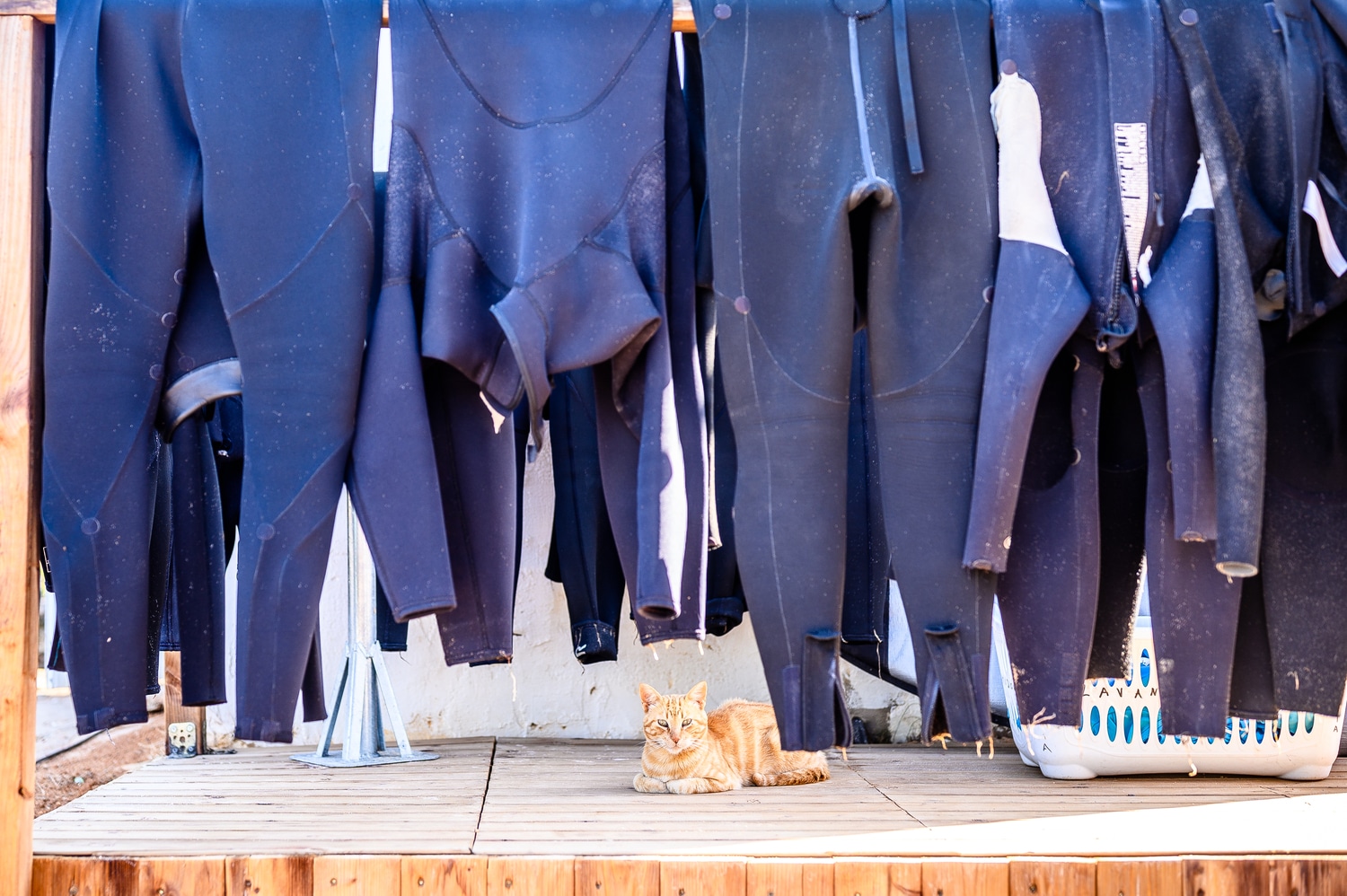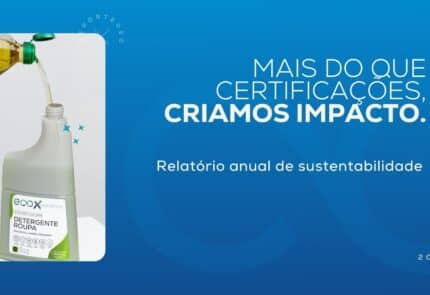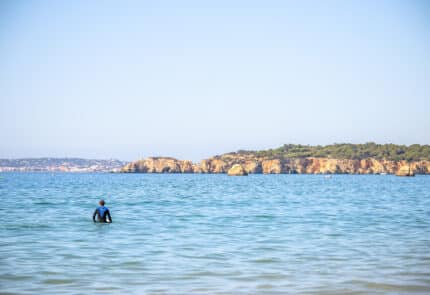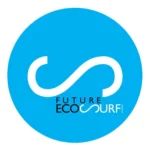Impact of wetsuits on the environment

As surfers, we feel a strong connection with nature when we enjoy the ocean.
The ocean covers about 70% of the entire surface of the planet, providing us with food, energy and minerals. It is essential for the stability of the climate, depending on the interaction between the atmosphere and the ocean.
That’s why we must reflect on our responsibility to try to protect this ecosystem by contributing to the cleanest and healthiest ocean.
Non-biodegradable materials are constantly with most surfers, from plastic fiber boards, covers made of plastic, to wetsuits made of rubber and even sunscreen that damages corals.
Surfing has witnessed an exponential increase in the number of practitioners. This evolution results in direct benefits in the economy of surfing, however, the environmental impact has another relevance.
In Portugal, every year thousands of people start surfing in Portugal.

More surfers generate more consumption, which in turn results in more equipment production. The most common materials in surf equipment continue to be very polluting, and many of them depend on the use of oil in their production.
Using wetsuits made of neoprene as an example, the environmental impact is enormous. In addition to the entire chemical process that results in the creation of the “neoprene” material, it is not biodegradable.
Many of the damaged on the wetsuits are no longer of any use. However, at Future Eco Surf School we decided to give the wetsuits a new life so that they have a new use.
Few people are able to work with neoprene, as it is a challenging and skillful type of material to handle.
Working the ‘neoprene’ material requires skill and creativity. Fortunately, we found the ideal sewing professionals who were able to transform the old wetsuits into different products.
Shoulder bags, purses, cell phone and laptop covers, eyeglass straps, lunch boxes, etc… These are some of the eco products that you can find in our physical store or online.




